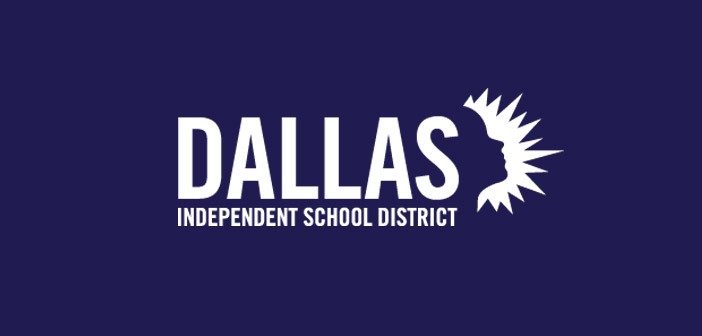In order to prevent suicide in youthDISD is taking action to provide mental health resources and services for students, educational resources for parents, and accessible clinicians across campus.
Suicide is a major public health problem, it is estimated that more than 700,000 suicides happen per year worldwide, and it affects more than just one person, according to the World Health Organization.
In Texas, suicide is the second leading cause of death for ages 10 to 24. Across the United States, there are approximately 12 youth suicides a day and in the past 60 years, the suicide rate has quadrupled for males 15 to 24 years old and has doubled for females of that age group, according to the Suicide & Crisis Center of North Texas.
With suicide prevention month drawing towards an end, advocacy prevails beyond September. For DISD, its important students know what resources are available to them, warning signs staff and family should be aware of, and ways parents can get involved in their child’s life to provide continuous support.
“Our goal is to make sure we are providing the information, education, and services that kids and families need to, in essence, help save a life,” Dr. Tracey Brown, Executive Director for mental health services said.
Several clinicians provide mental health services on Dallas ISD campuses, and a group of clinicians provide services in the Youth & Family Centers, she said. These clinicians range in a variety of services to meet various needs. Some are licensed professional counselors, family therapists, school psychologists, clinical social workers, and a variety of more, she said.
In addition, DISD provides psychotherapeutic services for kids at risk, these services have been strategically placed on campus as students work with the school counselor to address immediate needs.
There are additional services provided such as the Alcohol & Drug Intervention Program, which provides support to students, parents, educators, and staff with alcohol and drug-related use or abuse on campus.
“We believe that by addressing the mental, behavioral, and physical health issues that a child may experience, learning will be improved. Our team of Licensed Clinicians and psychiatrists offers a range of services to promote the wellness of students and families and improve access to health care and education,” DISD Mental Health services said.
Education is just as important as accessibility.
DISD is constantly looking for ways to educate the community to better help people battling suicidal ideation, and identifying warning signs, she said. No matter how much effort is put into mental health advocacy, there’s always room to further educate students and empower parents to ask questions and have these talks, Brown said.
From going to classrooms to discuss with kids about depression, anxiety, and stress. Speaking with parents at PTA meetings. Conducting suicide awareness sessions at the commissioner’s court. Action is required to increase prevention, and provide hope.
Being open to understanding what is going on is key for parents building trust with their kids. Sometimes opening the door for people to talk when they are ready can reduce the amount of stress that comes with seeking help, she said.
The first thing parents can do to create an open space for their children is to sit and validate their child’s experiences or feelings, and normalize their challenges.
Processing mental health issues can be overwhelming for the individual at risk and for the people supporting them during these challenging times. Resources are accessible to parents at family and community departments to equip parents with the information they need, and psychoeducation sessions to help process what a mental health concern looks like, how to make the home environment safe, and what suicidality looks like.
It’s vital that as kids are growing and developing, parents, educators, and staff approach conversations surrounding mental health issues as early as possible catered to the developmental level kids are at.
DISD is still looking for ways to expand, just last year the district was able to onboard 40 new clinicians and is working hard to find additional funding to help retain the clinicians, and increase psychiatry for more students to seek mental health support.
Just because September is National Suicide Prevention Month doesn’t mean advocacy and education stops on the last day of the month. Regardless of what day or month it is, preventative actions will continue for DISD to help those who are struggling with mental health issues and suicidality.
“Our goal is to continue to find ways to get the message out to students and to parents,” Brown said.






